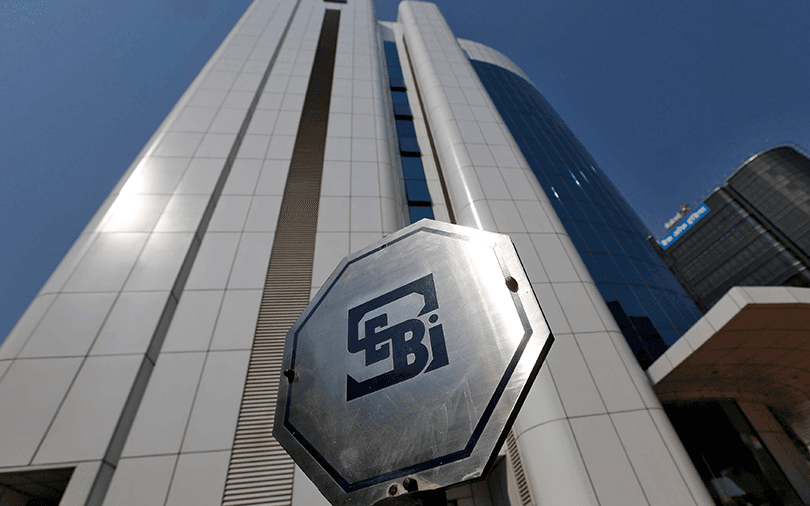The Securities and Exchange Board of India (SEBI) on Thursday temporarily relaxed the pricing methodology for share allotment via the preferential route, acknowledging the challenges faced by India Inc. in the wake of the coronavirus pandemic.
The capital markets regulator allowed companies to price their shares in preferential issues at 12-week average price as against the current norm of 26 weeks, SEBI said in a statement.
These additional pricing options will be available to companies looking to allot shares between July 1 and December 31 this year. However, shares allotted via the preferential route under the temporary pricing formulae will remain locked-in for three years, SEBI said.
Yash Ashar, partner and head of capital markets practice at Cyril Amarchand Mangaldas, said these temporary changes introduced by SEBI will benefit the promoters and long-term investors, who otherwise would have to pay a higher price based on the existing pricing formula.
“Investors who are not like FPIs may also benefit from this. SEBI has imposed this additional lock-in on such subscribers under this formula. This will balance the short-to-medium term (capital) requirements for the companies and ensure that there is no abuse by investors,” Ashar said.
Thus, in addition to a rights issue to maintain shareholding, promoters also will have this additional option, he said.
In certain tweaks in regulations last week, SEBI allowed promoters (with more than 25% voting rights) in a listed firm to acquire an additional 10% stake via preferential allotment instead of 5% earlier, a move that won’t trigger an open offer.
This policy, valid till March 31, 2021, has been introduced keeping in mind the Covid-19 situation that has disrupted businesses, commerce, travel and trade worldwide. This move will also allow promoters with greater flexibility in pricing their preferential issues, while also helping companies to raise funds effectively and efficiently.
SEBI also amended insider trading regulations and certain provisions of the takeover code, allowing bulk and block deals to make open offers.
SEBI called for setting-up a structured digital database containing the nature of unpublished price sensitive information (UPSI) and names of persons who have shared the information to curb the menace of insider trading.
A SEBI adjudicating order earlier this month highlighted a fresh set of breach in insider trading norms after it found and penalized two individuals for sharing UPSI of listed entities -- Wipro, Asian Paints, Bata, and Mindtree -- via mobile instant messenger application WhatsApp.
A similar situation had occurred in 2017 when certain analysts had prior and unfair access to UPSI and earnings of some listed companies such as Axis Bank and Dr. Reddy’s Laboratories.
Recent SEBI amendments
SEBI has introduced a slew of measures to safeguard companies and capital market participants amid the pandemic.
Earlier this week, SEBI relaxed fundraising norms for distressed companies to help them tide over a cash crunch and find investors in a bid to get back on their feet.
Two weeks ago, it extended the period allowed to private equity and venture capital funds to meet their regulatory disclosure obligations. This was the second extension after it made on March 30.
In April, SEBI reduced filing fees for public offerings and certain public market offerings to help market participants to tide over challenges arising from the pandemic.
The same month, it had relaxed minimum subscription requirements in a public issue and allowed higher-than-stipulated revisions in issue size after receiving industry representations that assessed the impact of the pandemic on capital markets activity.






